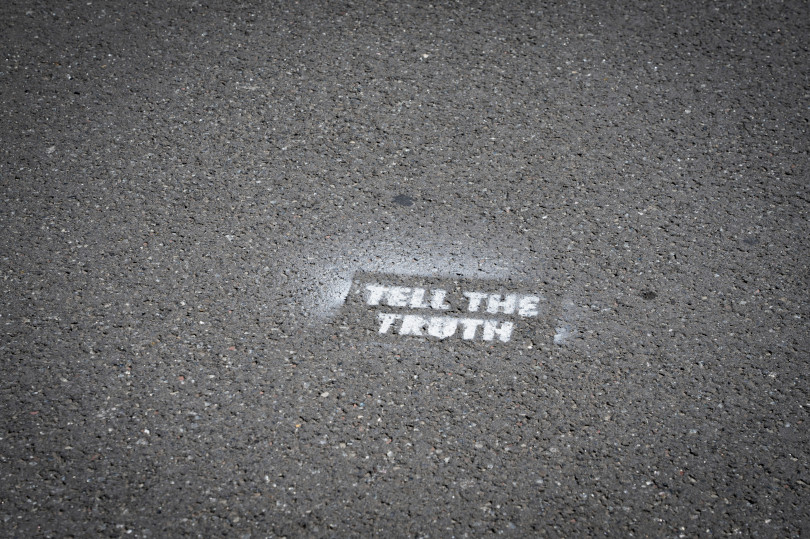The Cambridge Dictionary defines the adjective “post-truth” as “relating to a situation in which people are more likely to accept an argument based on their emotions and beliefs, rather than one based on facts.” Many commentators have suggested that “post-truth politics” rule the day in America, citing the growing impact of fake news, hoaxes, misinformation, and deliberately deceptive disinformation on the American political climate. Indeed, it seems like now more than ever, evidence is completely optional. Politicians make sweeping claims without evidence because the public doesn’t require evidence to trust them. The “truth,” very simply, is what we make it.
I would argue that America is not merely home to a post-truth political system, but necessarily to a post-truth society, for the latter is needed to establish the former. The United States is no country for old methods such as logic, research, and critical analysis. The greatest pitfall of a post-truth society is its potential for mass manipulation. Without facts, there are only feelings, and feelings can be manipulated, influenced, and distorted at will. As such, a post-truth society is by definition an extremely gullible society—we will believe anything so long as it is presented to us appealingly enough.
There is great danger in being so gullible. In the context of politics, it can lead to disinformed voters electing representatives who don’t have their best interests at heart. Outside of politics, it can lead to a distorted perception of reality that may yield long-term consequences. For example, an online hoax boasting the powers of a “miracle pill” or transformative new diet may encourage a gullible reader to make poor health decisions. Another example can be observed in an ongoing trend associated with realistic artificial intelligence-generated videos. Online commenters will often respond to the videos by saying “I’m definitely getting scammed when I’m older” or “my mom would see this on Facebook and think it was real.” The message here is clear: Without a healthy level of discernment and skepticism, there’s nothing we won’t fall for.
As we speak, AI and disinformation, both in and out of concert with one another, are rapidly spreading throughout the international media landscape. I don’t mean to suggest that AI use and research should only be seen in a negative light, as many believe. In the wrong hands, though, it can be extremely dangerous, and it behooves us to be able to discern AI from reality.
In all of human history, this is the most important time to be able to tell the real apart from the fake. Right now, the failure to practice this discernment may result in a poorly-cast vote, paranoia, or the loss of one’s bank account. In the future, it could go so far as to cause geopolitical conflict—filmmaker Jordan Peele has already warned the public about the dangers of presidential deepfakes. As we continue speeding into the future, it will require everyone’s efforts—citizens, politicians, and technology giants alike—to keep the future from speeding into us.
Featured image/photo by Claudio Schwarz on Unsplash.


